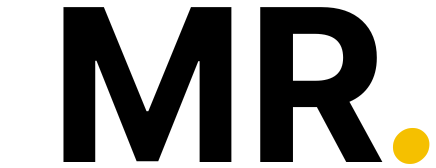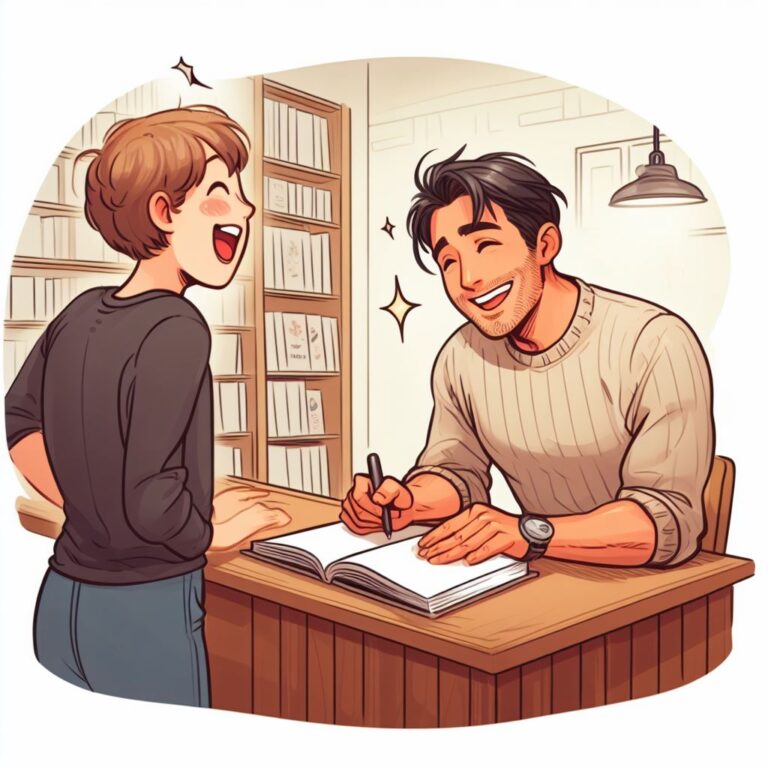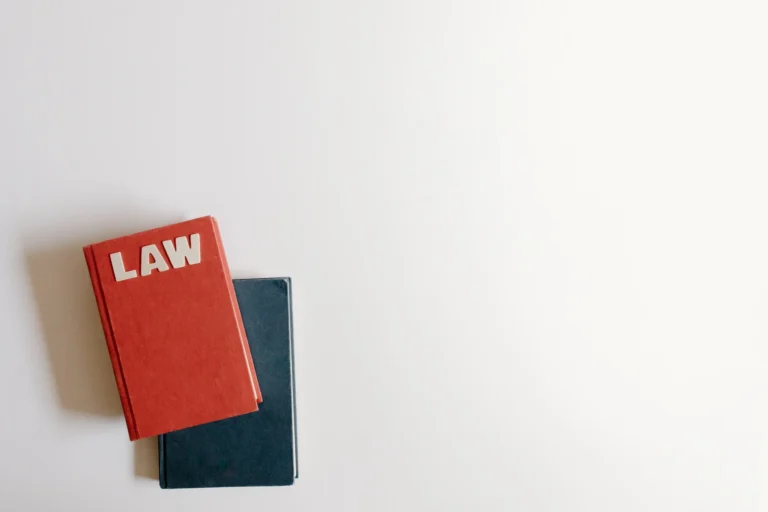Are you an aspiring author who wants to publish a book but is concerned about your privacy? Do you want to know if it’s possible to publish a book anonymously? Or do you just want to publish a book anonymously? If so, you’re not alone.

Many authors are concerned about the impact of publishing their work under their real name. That’s why they want to find out if they can publish a book anonymously. But don’t worry! Here, I’ll take you through all the information you need to know about publishing anonymously and becoming an anonymous book author. So let’s begin!
Can You Publish a Book Anonymously?
Yes, it is possible to publish a book anonymously. In fact, many authors choose to publish their work under a pseudonym for various reasons such as privacy concerns, avoiding discrimination, or experimenting with different genres.
However, publishing a book anonymously can also have some drawbacks. For example, it can make it harder to promote your work and build a fan base. Additionally, it can be difficult to receive feedback and reviews on your work without revealing your identity.
If you’re considering publishing a book anonymously, it’s important to weigh the pros and cons carefully and make an informed decision.
Reason For Publishing Anonymously
There are several reasons why an author might choose to publish a book anonymously. Here are some of the most common ones:
Privacy Concerns: Some authors may want to keep their personal lives separate from their work. Publishing a book anonymously can help to protect their privacy and prevent unwanted attention.
Avoiding Discrimination: Unfortunately, some authors may face discrimination based on their race, gender, sexual orientation, or other factors. Publishing a book anonymously can help to avoid this type of discrimination.
Experimenting With Different Genres: Some authors may want to experiment with different genres or writing styles without damaging their reputation. Publishing a book anonymously can allow them to do this without any consequences.
Creating a Sense of Mystery: Publishing a book anonymously can create a sense of mystery and intrigue around the author and their work. This can help to generate buzz and interest in the book.
Making a Political Statement: In some cases, publishing a book anonymously can be a political statement in itself. It can be a way for authors to challenge the status quo and express their views without fear of retribution.
Planning on becoming a successful children’s book author. Check out my detailed guide on Becoming A Successful Children’s Book Author As A Beginner.
Famous Authors Who Have Published Anonymously
Below, I have mentioned some examples of authors who have published their books anonymously:
J.K. Rowling: Robert Galbraith is the pseudonym used by J.K. Rowling for her crime novels, including “The Cuckoo’s Calling” and “The Silkworm.”
Mary Ann Evans: Mary Ann Evans wrote under the pseudonym George Eliot in order to avoid the prejudices against female writers in the 19th century. She is the author of several classic novels, including “Middlemarch” and “Silas Marner.”
Charlotte Bronte: Charlotte Bronte published her first novel, “Jane Eyre,” under the pseudonym Currer Bell in 1847.
Emily Bronte: Emily Bronte published her only novel, “Wuthering Heights,” under the pseudonym Ellis Bell in 1847.
Methods of Anonymous Publishing
Pseudonyms
One of the most popular methods of anonymous publishing is to use a pseudonym. This involves creating a fake name to use as the author of your work. Pseudonyms can be used for a variety of reasons such as privacy concerns, avoiding discrimination, or experimenting with different genres.
However, it’s important to note that using a pseudonym doesn’t necessarily guarantee complete anonymity. If someone is determined enough, they may be able to uncover your true identity.
Publishing Through a Third Party
Another method of anonymous publishing is to publish your work through a third party such as a literary agent or publisher. This can help to protect your identity and keep your personal life separate from your work.
However, it’s important to choose your third party carefully and make sure that they respect your privacy.
Self-Publishing
Self-publishing is another option for authors who want to publish anonymously. By self-publishing, you can maintain complete control over your work and keep your identity hidden from readers.
However, it can be more difficult to promote your work and build a fan base without the help of a publisher.
Online Publishing
Online publishing platforms such as Wattpad and Medium allow authors to publish their work anonymously. This can be a great way to get feedback on your writing without revealing your identity.
However, it’s important to remember that anything you publish online can potentially be traced back to you.
Ghostwriting
Ghostwriting involves writing a book or article on behalf of someone else. As a ghostwriter, you can remain anonymous while still getting paid for your work.
However, you won’t receive any recognition for your work and you won’t be able to build a fan base under your own name.
Legal Considerations
Publishing a book anonymously can be a complex process that requires careful consideration of legal issues. Here are some legal considerations you should keep in mind if you want to publish a book anonymously:
Copyright
When you publish a book, you automatically own the copyright to your work. However, if you want to remain anonymous, you may need to assign the copyright to a third party, such as a publisher or literary agent. This can help protect your identity and prevent others from claiming ownership of your work.
Contracts
If you choose to work with a publisher or literary agent, you will need to sign a contract that outlines the terms of your agreement. Make sure you read the contract carefully and understand all of the terms before signing.
Liability
As an anonymous author, you may be at risk of being sued for defamation or other legal issues. To protect yourself, it’s important to consult with an attorney who specializes in publishing law.
Taxes
If you earn money from your book, you will need to pay taxes on your earnings. Make sure you keep accurate records of your income and expenses so that you can file your taxes correctly.
Privacy
If you want to remain anonymous, it’s important to take steps to protect your privacy. This may include using a pen name, setting up a separate bank account for your earnings, and avoiding interviews or public appearances.
Pros and Cons of Anonymous Publishing
Publishing a book anonymously can have some benefits, but it also comes with its own set of challenges and limitations. By carefully considering these factors, you can decide whether publishing your book anonymously is the right choice for you.
Pros
Freedom of Expression
By publishing a book anonymously, you can express your ideas and opinions without fear of retribution or backlash. This can be especially important if you are writing about controversial or sensitive topics.
Privacy
Publishing a book anonymously can help protect your privacy and personal life. This can be especially important if you are writing about personal experiences or sensitive topics.
Focus on the Work
By publishing a book anonymously, you can focus on the work itself rather than on promoting yourself as an author. This can be especially important if you are a new author who is still developing your writing skills.
Avoiding Stereotypes
Publishing a book anonymously can help you avoid being pigeonholed into a particular genre or style of writing. This can be especially important if you want to experiment with different types of writing or if you don’t want to be limited by expectations.
Avoiding Criticism
By publishing a book anonymously, you can avoid criticism and negative reviews that might otherwise discourage you from continuing to write. This can be especially important if you are a new author who is still developing your writing skills.
Cons
Promotion
If you publish a book anonymously, it can be difficult to promote the book and build a following. This is because readers may be more likely to buy books from authors they know and trust.
Reviews
Similarly, it can be difficult to get reviews for your book if you publish it anonymously. This is because reviewers may be more likely to review books from authors they know and trust.
Becoming a Brand
If you publish a book anonymously, it can be difficult to build a brand around your work. This can make it harder to establish yourself as an author and build a career in writing.
Getting Published
Some publishers may be hesitant to publish books by anonymous authors, especially if they are not well-known or established in the industry.
Legal Issues
Publishing a book anonymously can raise legal issues, especially if the book contains controversial or sensitive material. For example, if you publish a book that defames someone or invades their privacy, you could be sued for damages.
Limited Opportunities
If you publish a book anonymously, it can be difficult to get speaking engagements or other opportunities to promote your work. This is because event organizers may be more likely to invite authors who are well-known and have an established following.
FAQ’s
I have also mentioned some of the most frequently asked questions about anonymous publishing. Make sure to read them as well.
Can You Be a Completely Anonymous Author?
Yes, it is possible to be a completely anonymous author. However, it can be challenging to maintain anonymity, especially if you want to publish your work through traditional channels.
Do Anonymous Authors Get Paid?
Yes, anonymous authors can get paid for their work. If you choose to publish your book anonymously, you will still be entitled to receive royalties for your work.
However, you will need to work with a publisher or literary agent who is willing to keep your identity a secret. You may also need to use a pen name or pseudonym to avoid being identified.
Can Anonymous Writers Be Successful?
Yes, anonymous writers can be successful. There are many examples of successful anonymous authors throughout history. For example, the author of the popular “Elena Ferrante” series of novels is believed to be a pseudonym for an anonymous author. The “Elena Ferrante” novels have been widely praised and have sold millions of copies worldwide.
Similarly, the author of the “Neapolitan Novels” series, which includes the novel “My Brilliant Friend,” is believed to be a pseudonym for an anonymous author. The “Neapolitan Novels” have also been widely praised and have sold millions of copies worldwide.
Conclusion
Publishing a book anonymously can be a complex process that requires careful consideration of legal issues. While it is possible to publish a book anonymously, it can be challenging to maintain anonymity, especially if you want to publish your work through traditional channels.
If you want to publish a book anonymously, you may need to work with a literary agent or publisher who is willing to keep your identity a secret. You may also need to use a pen name or pseudonym to avoid being identified.
It’s important to keep in mind that publishing anonymously can limit your opportunities for promotion and speaking engagements, as well as make it more difficult to establish yourself as an author. Additionally, if you are writing about controversial or sensitive topics, you may be at risk of being sued for defamation or other legal issues. To protect yourself, it’s important to consult with an attorney who specializes in publishing law.
Despite these challenges, publishing anonymously can have several benefits, including freedom of expression, privacy, focus on the work, avoiding stereotypes, and avoiding criticism.






